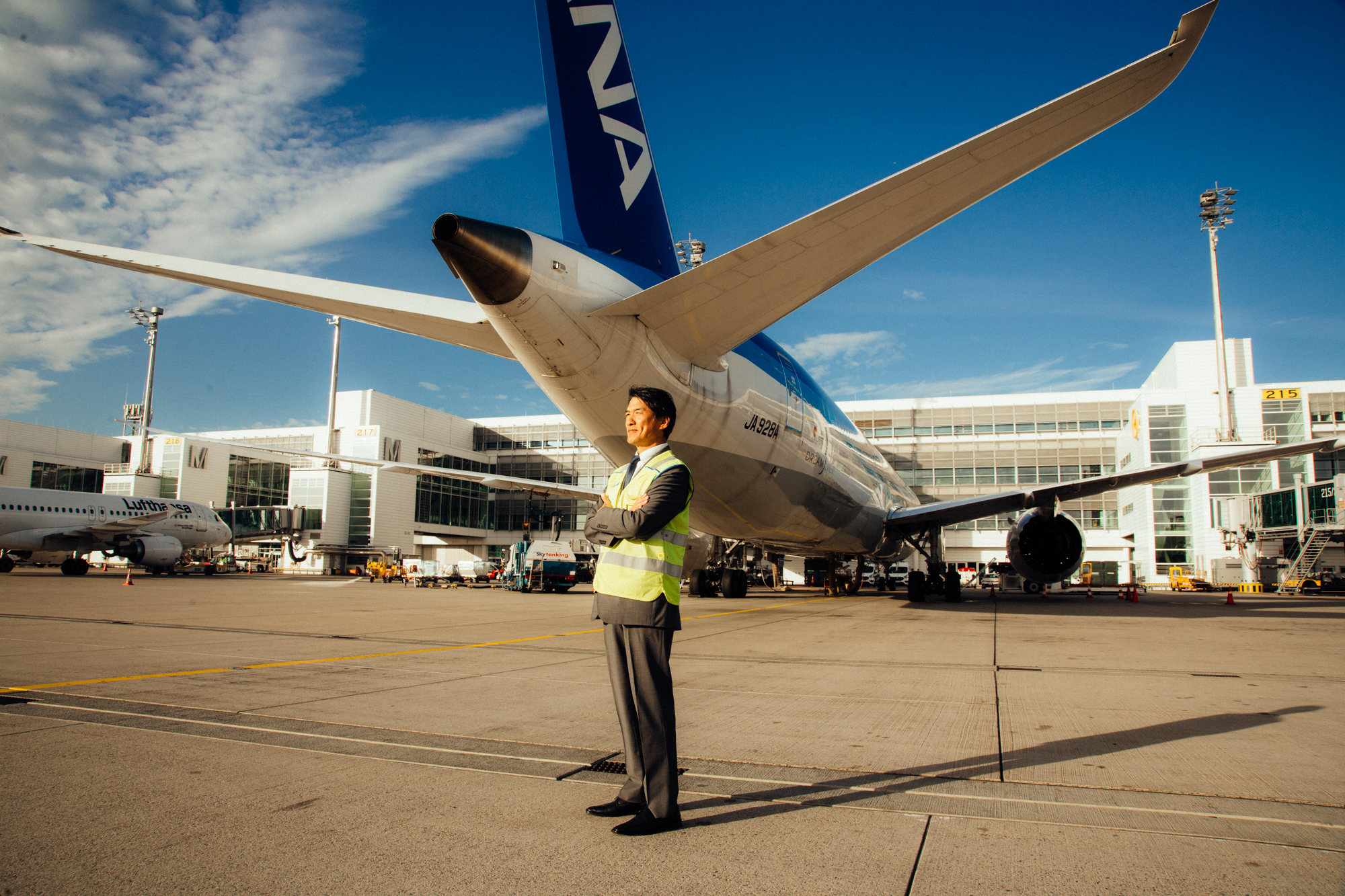From rice cookers to space satellites – few companies boast a broader portfolio than Mitsubishi Electric. But while the technology giant is ubiquitous in Japan, it often flies under the radar in Germany. For this interview, Andreas Wagner, CEO of Mitsubishi Electric in Germany, tells us how the company with the world’s second most patent applications nevertheless shapes our everyday lives, and how it is supporting digital transformation and the energy shift in Germany.
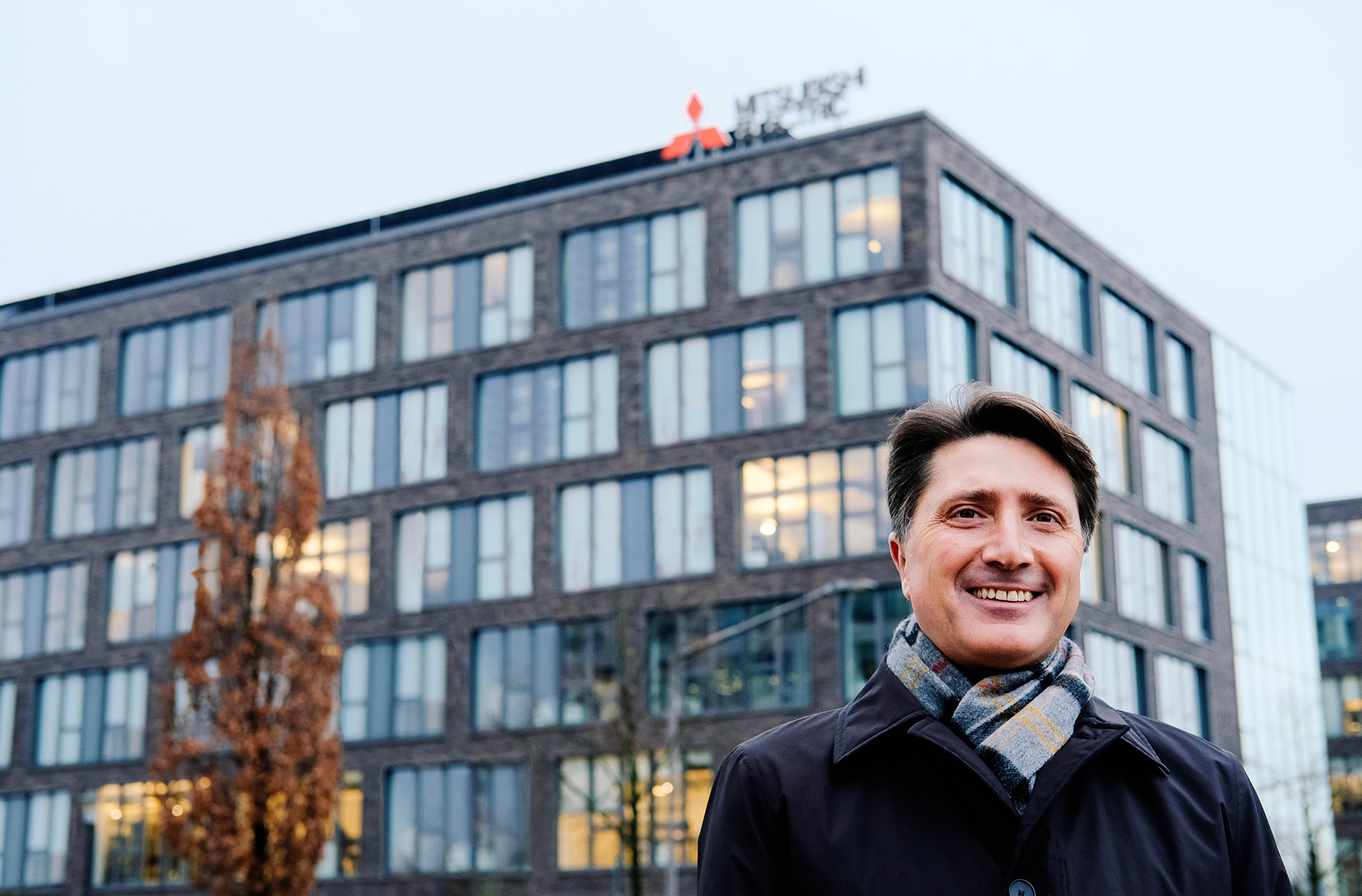
J-BIG: Mr. Wagner, Mitsubishi Electric is very broad in terms of its solutions. How would you describe in one paragraph what the company is all about?
Andreas Wagner: Mitsubishi Electric is a leading global technology company in the field of electrical and electronic technology. The breadth of our solutions portfolio ranges from space, industry, and mobility to infrastructure and private homes. Since the company’s founding a hundred years ago, our mission has been to develop and apply technologies that make a significant contribution to a sustainable society and the highest quality of life – in cooperation with, as well as for our customers.
In Japan, the term „Society 5.0“ also expresses this idea. The concept implies, among other things, the ambition to leverage digitalization and green energy to achieve the Sustainable Development Goals set by the United Nations. In Europe, the term „Electric Society“ is often used in this context, which I find very fitting. It aptly conveys how broad and important the field of electrical and electronic applications really is – a fact that is also reflected in our name and in the diversity of our solutions.
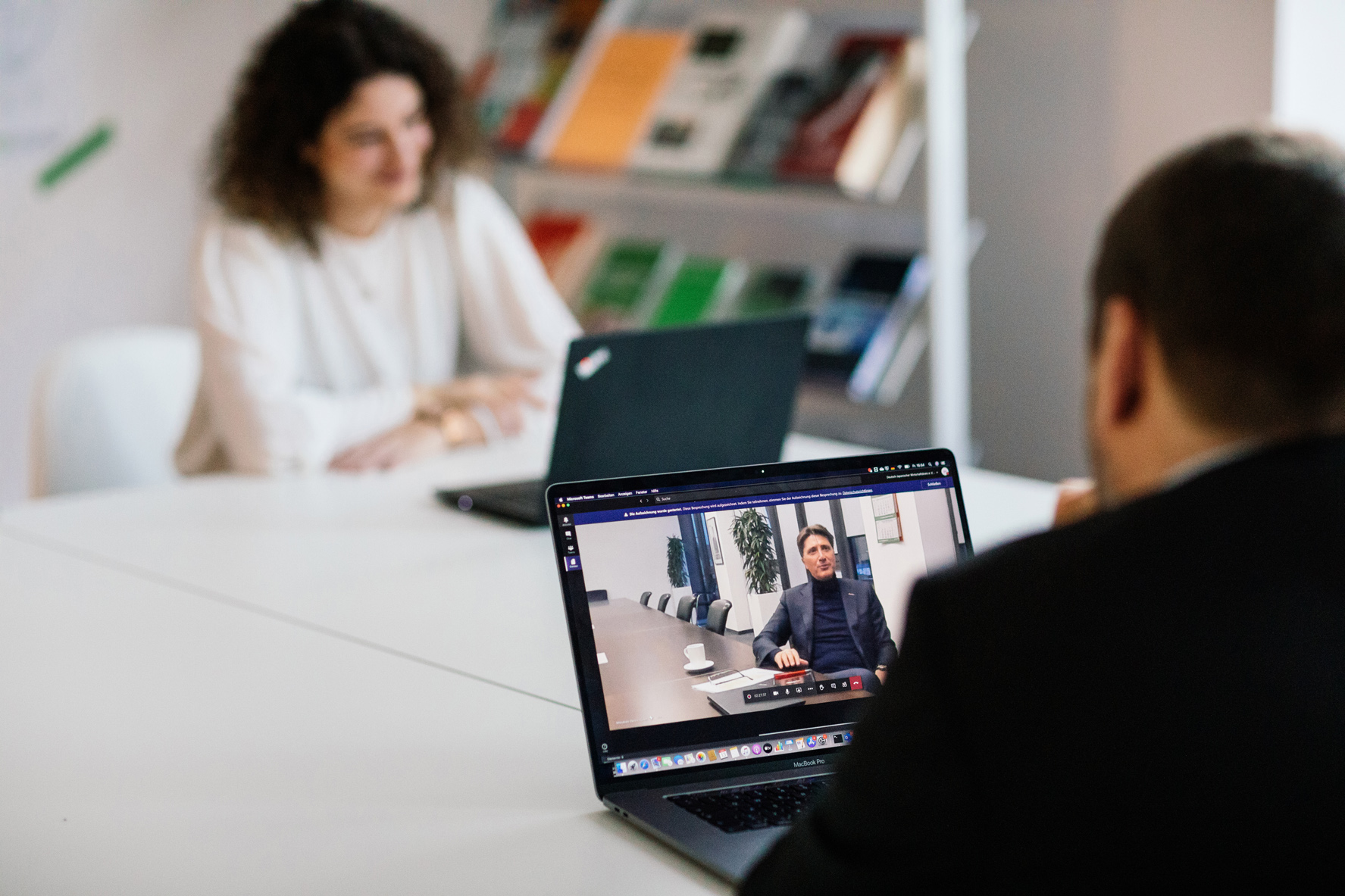
J-BIG: Are there any particular transformation processes or industries you are focusing on?
Andreas Wagner: Three very important areas are the energy shift, digital transformation, and the very broad area of smart mobility.
The energy sector is currently seeing a major shift from the primacy of fossil energy to more sustainable forms of energy generation. Obviously, certain technologies are needed to accomplish this, and they form a significant part of our solution portfolio. For energy generation, our power semiconductor solutions are one example. In a next and equally important step, the energy needs to be circulated to consumers, ideally with as little loss as possible. Here, too, our solutions are utilized. If we then think a little further, the question of how to use energy as efficiently as possible arises. This leads us to building technology, for example: How can a building be cooled or heated in a way that is energy efficient? Heat pumps are one example that anyone who is building or modernizing a house these days will encounter sooner or later.
Digital transformation is a very broad field: Virtually all aspects of life are currently undergoing such a transformation process, but in Germany, industry applications in particular stand out as prominent examples. Here, we are enabling higher productivity, efficiency and agility through our automation solutions and the use of IoT and artificial intelligence. Edge Computing is another important trend in this context. We are working closely with the German industry in this field, for example in the form of collaborations and platform initiatives.
We are also involved in the mobility sector in a variety of ways. On the one hand, we act as a solution provider for the automotive industry. In terms of individual mobility, our focus is on e-mobility. But we also offer solutions for high-precision satellite positioning, which will be crucial in supporting the autonomous operation of road vehicles, industrially used drones, or agricultural vehicles. On the other hand, we are a key solution provider in the rail sector, both for rail network operators and for wagon manufacturers across Europe.
J-BIG: Rail transport is a much-cited example of things that work better in Japan than in Germany. Is there reason to hope that the technologies from Mitsubishi Electric will bring about improvements in the future?
Andreas Wagner: I am sure that rail transport in Germany will see a positive development and become an important pillar of future mobility. What certainly needs to improve – and it will – is the comfort of rail travel. This includes aspects like temperature control in the carriages, but also issues that affect travelers less directly. The energy consumption of trains is one such example. Here, our technologies can bring about significant improvements.
Another experience that many travelers have unfortunately made: Often, it is difficult to get relevant information. Onboard information systems that provide up-to-date information in real time are standard in Japan, but in Europe, they are still the exception. This is another area we are working on, and we can expect to see an improvement here within the next few years.
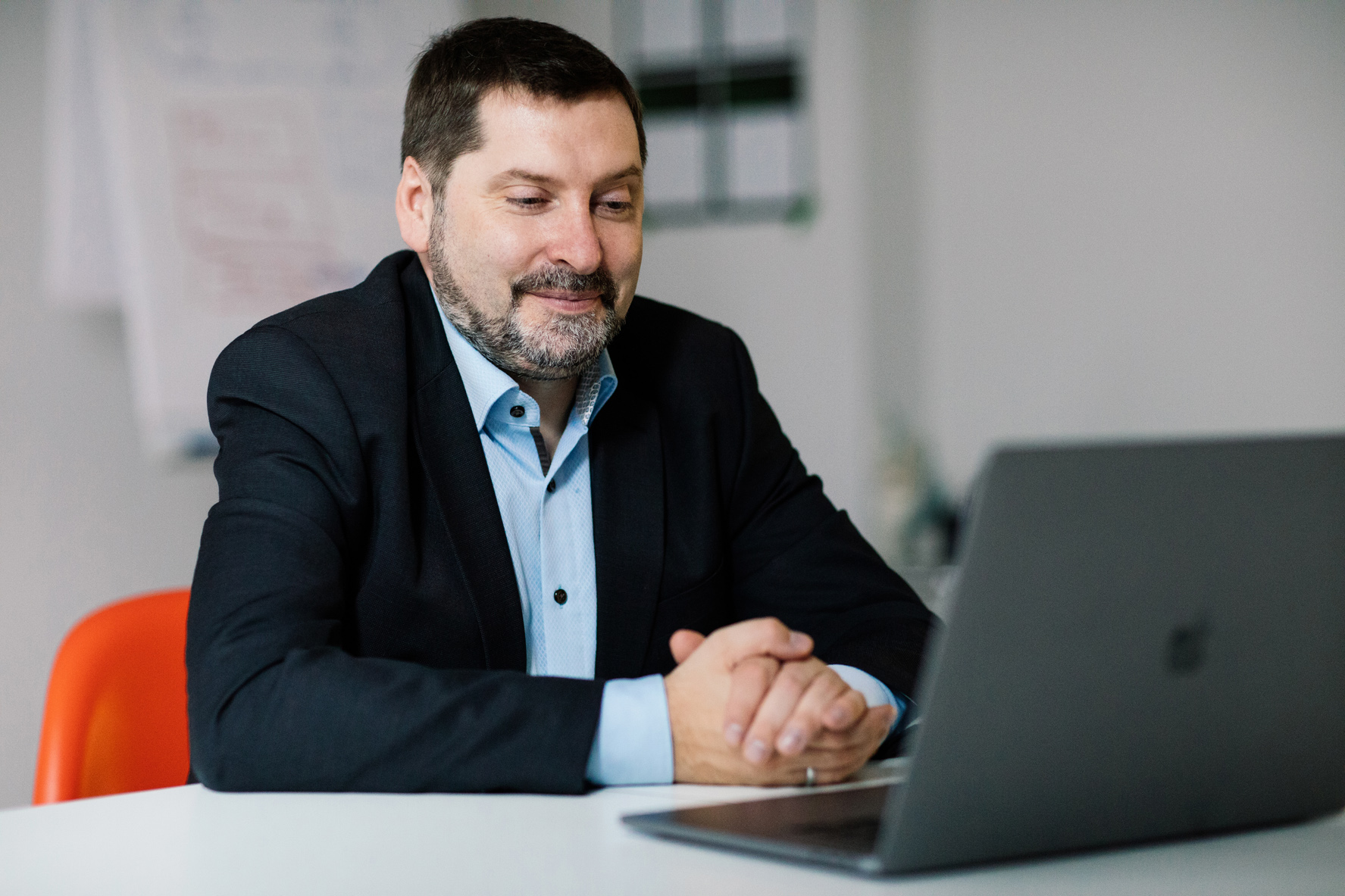
J-BIG: The railway examples you just mentioned show that Mitsubishi Electric’s solutions are not always visible to the end user. Are there other hidden touchpoints where we encounter the company in everyday life?
Andreas Wagner: Yes, there are. Most people interact with our products many times a day – often without realizing it.
One example: When you turn on the lights in the morning, one of our solutions was probably involved in generating or distributing the electricity. You like to start your day with checking emails? In several ways, technology from Mitsubishi Electric is crucial to providing stable internet connections. We not only manufacture satellites, but also optical devices that ensure connectivity to data centers. Cooling these data centers is another increasingly important area in this context, by the way – a growing business field for us. Next, you might take the train to work, and here too our solutions are in use in various places.
This list could be extended almost indefinitely; electrical and electronic technologies are omnipresent in our lives. I think we can confidently say: Without our products, the world would probably stand still – not least because they are used in so many areas. However, our technologies usually don’t stand on their own, they are part of the overall solution.

J-BIG: Does the solution portfolio differ in Japan and in Germany?
Andreas Wagner: Only marginally. In general, we attach the same importance to all areas, although sales volumes of course differ across markets. One important aspect is that we always adapt our solutions to the respective customer and market needs.
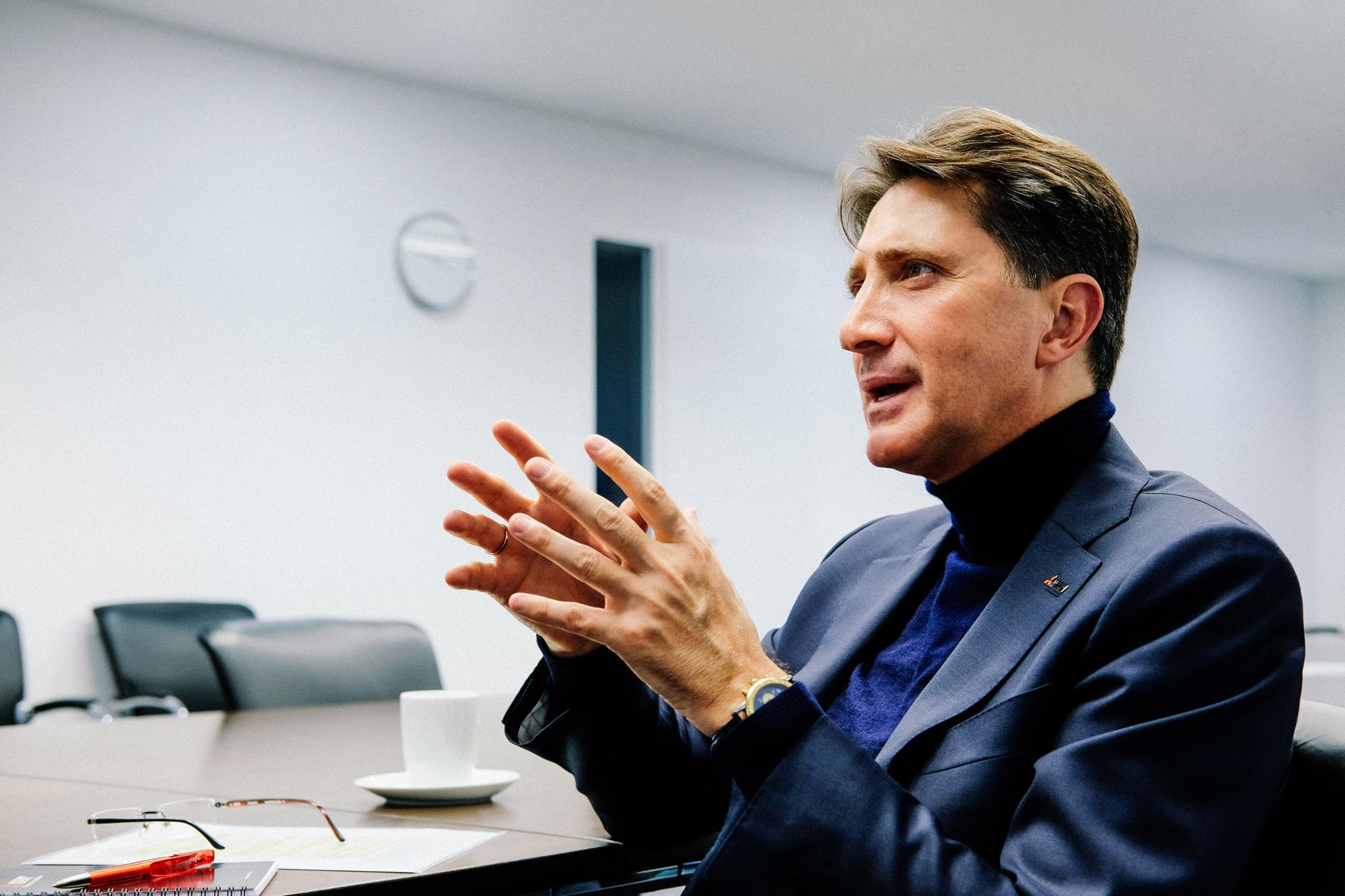
J-BIG: Do you see Mitsubishi Electric more as a German or as a Japanese company?
Andreas Wagner: The company’s historical origins lie in Japan, where Mitsubishi was founded as a logistics company in the shipping sector 150 years ago. Out of this initial company, a number of „Mitsubishi companies“ developed, one of which was Mitsubishi Electric. This was almost exactly 100 years ago – we are celebrating our anniversary this year. Preparations have already started, although on a smaller scale than originally planned due to COVID-19.
The German subsidiary was founded in 1978 as a sales location. At the time, the company had three employees; now, over 700 people work at the German branch. Responsibilities have also changed significantly over time. Today, we no longer define ourselves merely as a sales company or as a branch office of a Japanese company. As part of Mitsubishi Electric Europe B.V., we are also very closely and centrally integrated into the European network. We see ourselves as part of a global company, with strong roots in Germany and Europe and a history that began in Japan.
Free Subscription
“J-BIG – Japan Business in Germany” is the e-mail magazine dedicated to Japanese companies and their business activities in the German market.
.J-BIG: What does cooperation between Germany and Japan look like today? Are there any cultural challenges?
Andreas Wagner: Close cooperation between Germany and Japan is very important to us. One of our tried-and-tested principles is to tackle projects in cross-cultural, integrated teams.
We lay the foundation for this approach by offering early intercultural trainings for all new employees. Furthermore, many of the colleagues who work here will also spend some time in Japan, getting to know the local mentality and their Japanese colleagues. Similarly, we welcome colleagues from Japan, some of whom have been working in Germany or Europe for several years. This practice has a long tradition, and we feel it is extremely important. This is why intercultural misunderstandings have more of an anecdotal character for us. We don’t really experience them in our day-to-day work anymore.
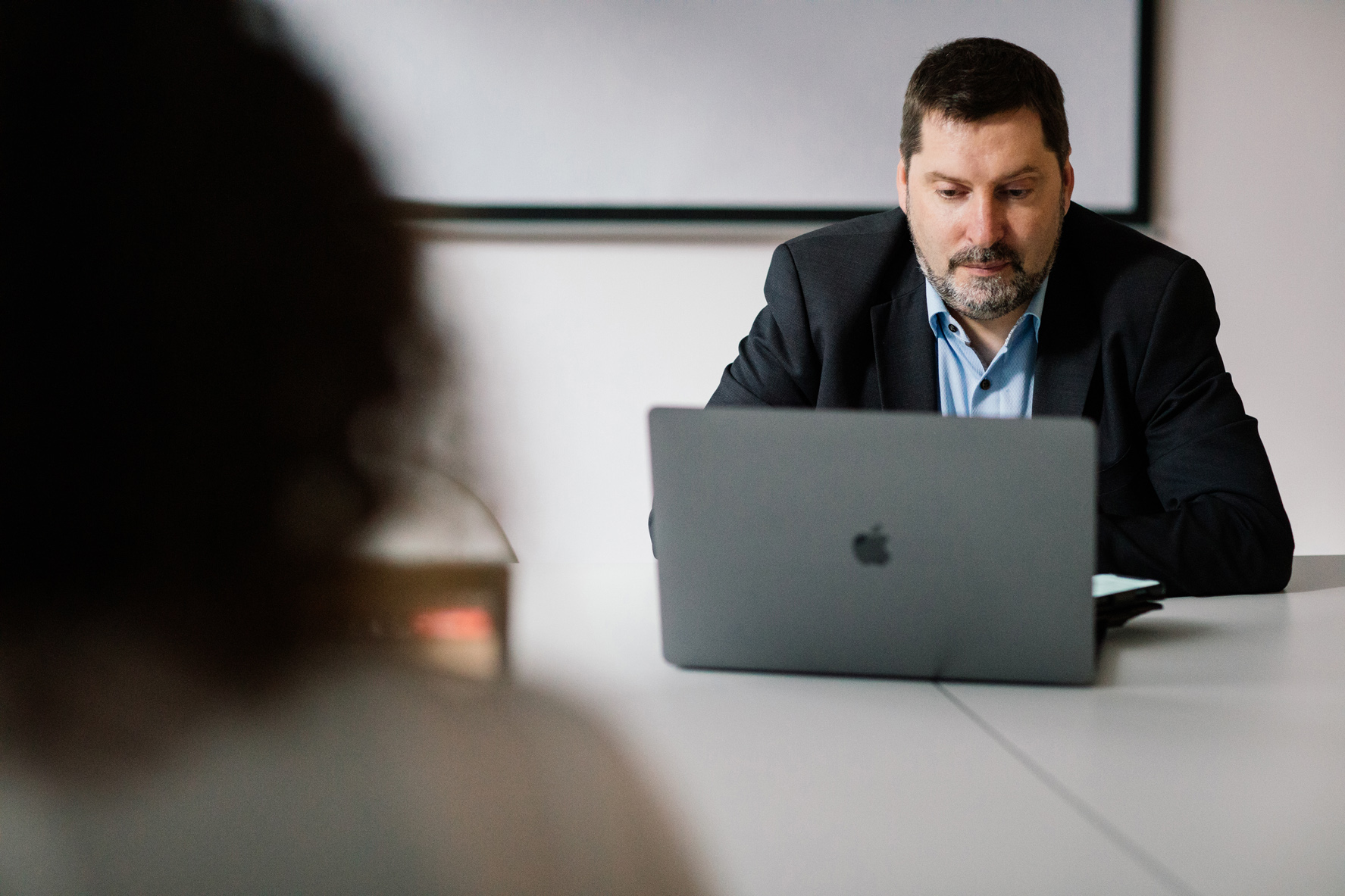
“Absolute openness and transparency in communication are the prerequisites for trust. I have consistently found this to be fundamental in any form of cooperation.”
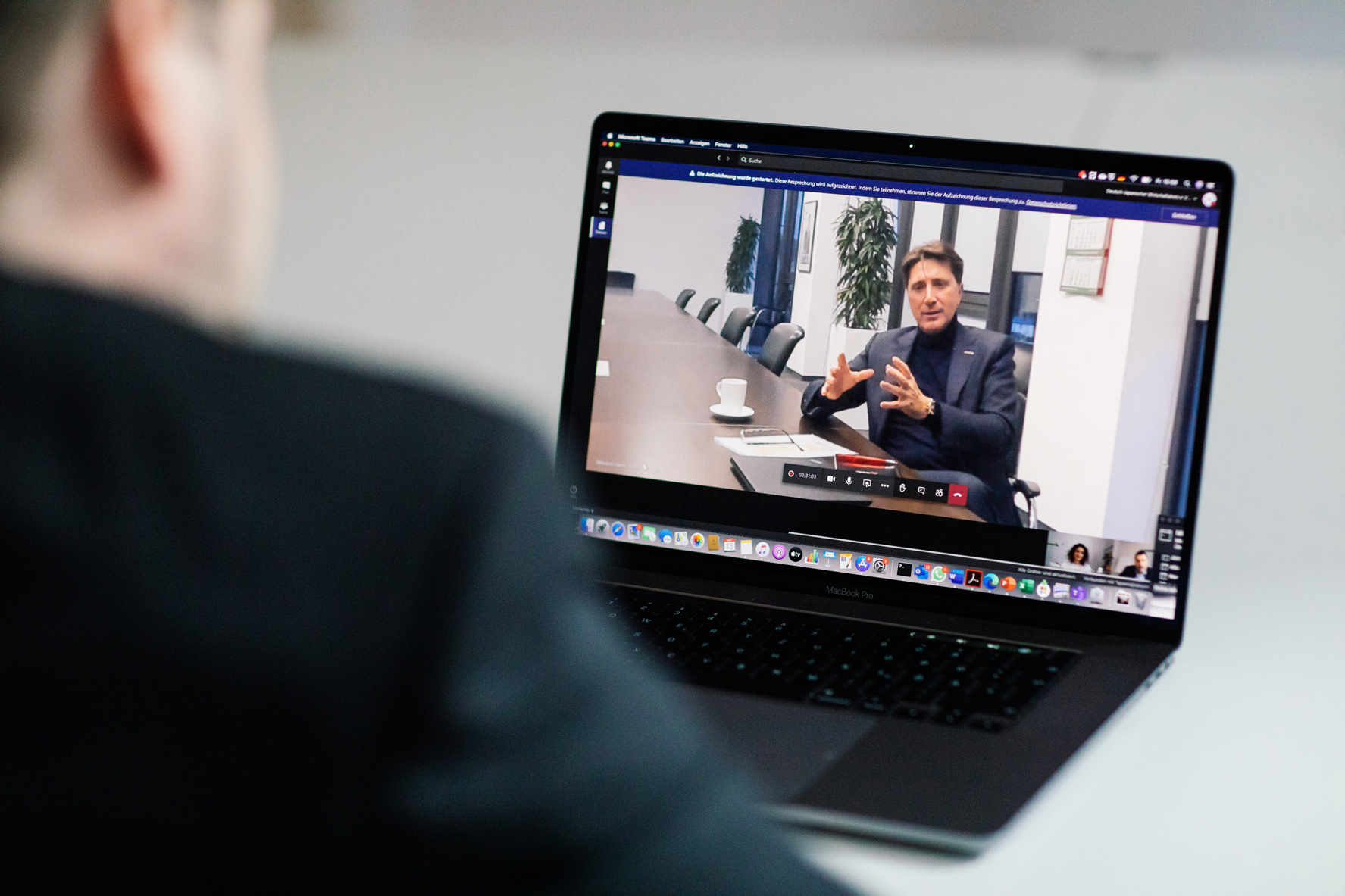
J-BIG: Do you have any tips for employees and companies that have not mastered integration quite as well yet?
Andreas Wagner: The most important thing from my point of view is to listen. Take the time to absorb what is being said, reflect on it, and, if necessary, check back to confirm. Absolute openness and transparency in communication are the prerequisites for trust. I have consistently found this to be fundamental in any form of cooperation. Trust is always a give and take.
J-BIG: What is your attitude toward the typical guidebooks proposing „10 Tips for Dealing with the Japanese“?
Andreas Wagner: The basis should be more fundamental things – a certain mindset and attitude. However, I am by no means against drawing attention to cultural differences or peculiarities. Knowing them, to me, is part of being mindful in dealing with other cultures. But in my experience, as long as both parties deal with each other in a spirit of trust and empathy, there is no reason to worry about experiencing something negative as a result of accidental transgressions.
J-BIG: Last but not least: What importance does the German market hold for Mitsubishi Electric? Are there aspects that can be generalized for other Japanese companies?
Andreas Wagner: The relevance stems in part from the sheer dimension of the German market. In terms of gross domestic product, Germany is the fourth largest economy in the word – right after Japan. In addition, Germany is part of the single market of the European Union and very well connected globally. What’s more, the German market is highly dynamic: Like Japan, it is undergoing a fundamental transformation. The transition towards sustainable energy, the digital transformation and smart mobility are already significantly affecting both societies. The opportunity to shape this transformation together is what makes the German market particularly exciting.



